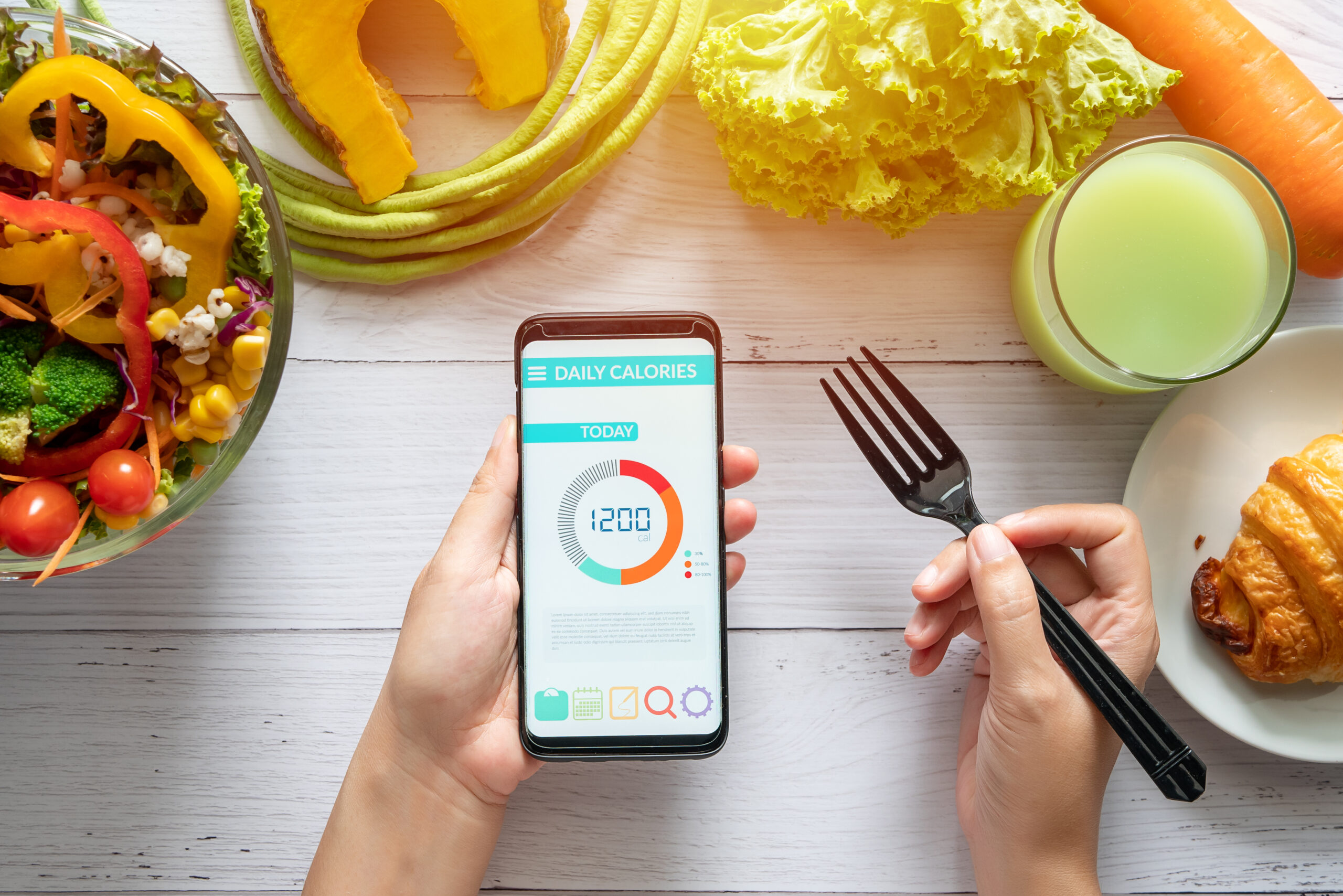Important Features in a Weight Loss App
Weight loss apps have surged in popularity as essential tools for those looking to shed pounds and embrace healthier lifestyles. An effective weight loss app should be user-friendly and integrate scientifically proven features that facilitate weight loss and sustainable lifestyle changes. Such an app ought to allow for personalized goal setting, taking into account individual factors like current weight, target weight, age, gender, and activity level, ensuring that the goals set are both realistic and attainable.
Central to any weight loss journey is the balance of calories, and an effective app should possess a comprehensive food database that aids users in tracking their daily calorie intake and also monitoring macronutrients like proteins, fats, and carbohydrates. Incorporating a barcode scanner for food logging can make this process more accurate and user-friendly. Additionally, the app should include features to track physical activities and exercises, potentially syncing with wearable devices or utilizing the smartphone’s sensors to track steps, distance, and other workout metrics.
Hydration is a crucial element in overall health and weight loss, so the app should encourage and monitor daily water intake. It should also provide healthy recipes and meal plans, tailored to dietary preferences and restrictions, guiding users towards better food choices. Tracking progress over time is essential, so the app should allow users to monitor changes in weight, body measurements, and fitness levels, preferably through visual representations like graphs and charts.
Community and social support play significant roles in the weight loss process. Features such as community forums, challenges, or options to share progress with friends can offer motivation and accountability. Educational content about nutrition, exercise, and healthy habits is also important, empowering users to make informed choices.
In the midst of a hectic lifestyle, reminders and notifications for meal logging, drinking water, or staying active can be incredibly helpful. The app’s ability to integrate with other health apps or devices like fitness trackers and smart scales can provide a more comprehensive view of the user’s health and progress. Features promoting mindfulness and stress management, such as guided meditations or breathing exercises, can also be beneficial, considering the impact of stress on weight.
Incorporating elements of gamification, such as earning points, badges, or rewards for achieving goals, can make the weight loss journey more engaging and enjoyable. However, with users likely sharing sensitive personal information, ensuring strong privacy policies and security measures is crucial to protect user data. Finally, the app should have an intuitive and easy-to-navigate interface, making it accessible to users of all tech-savvy levels.
By blending these features, a weight loss app can transform into a comprehensive tool that not only assists in shedding pounds but also fosters a sustainable and healthy lifestyle. Each component contributes to creating a supportive and informative environment, empowering users to take control of their health journey.
